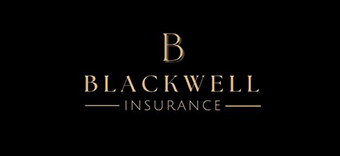Flood Insurance is Always a Good Idea
Please read the report from NPR of the recent flooding in Louisiana.

Danny and Alys Messenger canoe away from their flooded home in Prairieville, La., after reviewing the damage. As waters begin to recede in parts of Louisiana, some residents have struggled to return to flood-damaged homes on foot, in cars and by boat. Max Becherer/AP
Even as thousands of residents of southern Louisiana are returning to their flood-damaged homes, more danger could lie ahead as rain continues to fall and the full extent of the damage can’t be known, according to state emergency response officials.
Preliminary casualty and damage reports are chilling. As we reported previously, 11 people are confirmed dead, 30,000 people were evacuated, and about 40,000 homes were damaged. And those are just preliminary numbers based on reports from 20 affected parishes, said Mike Steele, a spokesman for the Governor’s Office of Homeland Security and Emergency Preparedness.
“We still have to go out with FEMA to get a comprehensive assessment of the damage,” said Steele. “It’s still early in this process.”
So far, about 70,000 people have applied for federal assistance, said Steele. And that number could climb, he said, with reports of more rain in some southeastern parishes. Steele said the opening of schools could be delayed for days.
In the most heavily damaged parish, Livingston, east of Baton Rouge, about 75 percent of the homes were destroyed, according to the Associated Press. That parish is home to about 138,000 people.
Almost 15,000 homes were flooded in nearby Ascension Parish, Richard Webre, director of that parish’s Office of Homeland Security and Emergency Preparedness, told the Los Angeles Times. That’s more than 30 percent of the housing units in that community of 114,000 people.
In a statement, Brad Kieserman, vice president for disaster services operations and logistics for the Red Cross, estimated the relief cost will be at least $30 million. “The current flooding in Louisiana is the worst natural disaster to strike the United States since Superstorm Sandy,” said Kieserman.
President Obama declared the affected region a disaster area on Tuesday. Homeland Security Secretary Jeh Johnson is scheduled to visit the region on Thursday.
